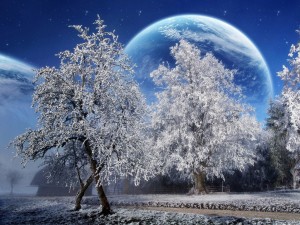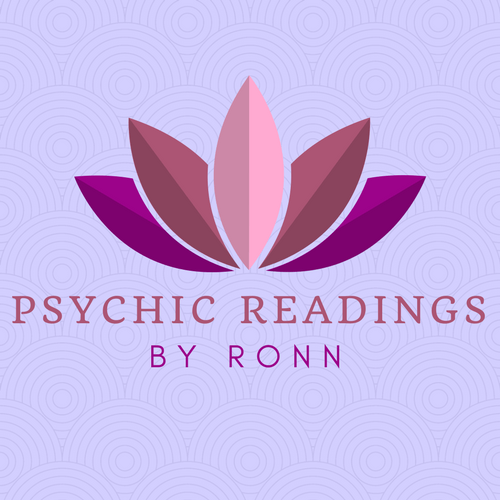
The Winter Solstice has long held astrological significance and continues to influence our holiday traditions today.
Technically, The Winter Solstice is the time when the noon sun is at its lowest possible point above the horizon. It generally falls on the 21st or the 22nd of December and is notable for bringing the shortest period of sunlight during a calendar year. But what does the Winter Solstice mean? For thousands of years it has meant much more than a long night and a short day.
Long before Christmas was celebrated, this time of year had special astrological significance. There is something about this time during December that encourages human beings to celebrate with friends, enjoy a period of rest and relaxation before the coming New Year, and to turn to inward reflection.
The Romans spent the Winter Solstice celebrating the festival of Bromalia which was known as a time to search for portends of the year to come. Some historians believe that early Christian converts adopted features of the Roman festivals of Saturnalia and Natalis Invicti which were also celebrations of the Winter Solstice.
The festival of Saturnalia reflected many of the ideas we associate with the holiday season even today. Saturnalia was celebrated to exalt Saturn, the head of the Roman pantheon of gods. However, it was also a time when long standing arguments and entrenched grudges were thrown by the wayside. Public offices such as courts and schools were often on hiatus. Slaves and masters symbolically reversed roles, with masters waiting on their slaves during the festival. Even wars were suspended. If this sounds a lot like the holiday season we know today, it’s because many of our traditions are drawn from these and other ancient festivals. The promotion of peace and unity, focus on caring for the poor, and closure of government and businesses in favor of rest are all interpretations of customs that have been passed down for generations.
Incorporating ancient traditions made it easier for the Roman people to understand and accept the new religion of Christianity. Regardless of how much these Roman festivals influenced Christmas traditions, the idea that the Winter Solstice is an important time spiritually is thousands of years old.
If you are searching for answers as the Winter Solstice approaches, it may be the right time for you to schedule a psychic reading to help you chart a path for a happy and healthy 2014!
